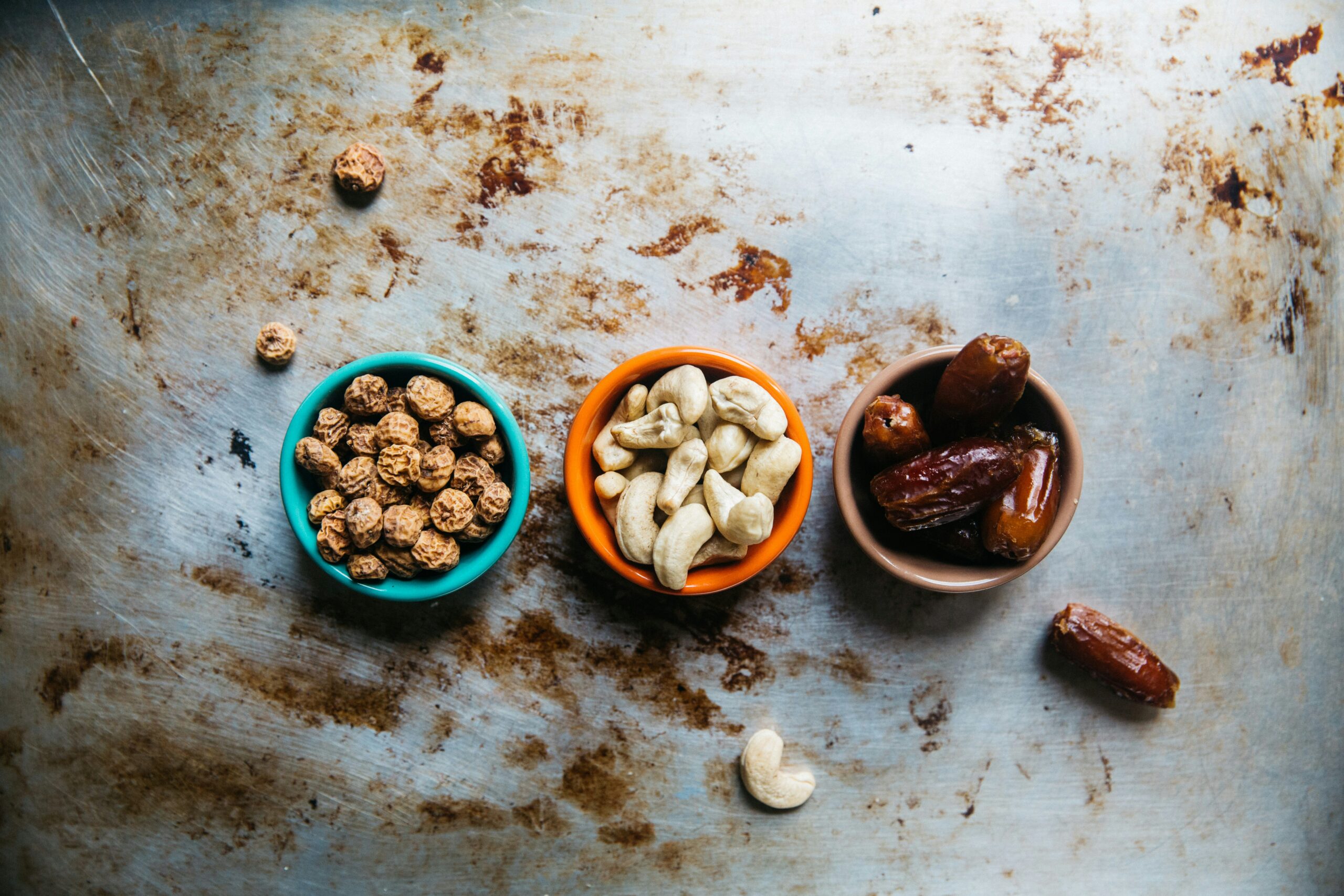You are what you eat.

Well, it’s better stated as your gut health is dependent on what you eat. And your gut health has a direct impact on your physical and mental health.
A healthy human body has microorganisms inhabiting every nook and cranny on the body. It is in our gut, the gastrointestinal tract, that we can find the largest collection of microorganisms.
These microorganisms are a community and as such make up our gut microbiota. Combine the microbiota, the products it makes, and the entire environment it lives within and we have a microbiome. The human microbiome (all of our microbes’ genes) can be considered a counterpart to the human genome (all of our genes).
Every human being has a gut microbiota (community of bacteria) that is unique. People who are sick may have too little or too much of a certain type of gut bacteria, or they may lack a variety of bacteria. This means you can affect the balance of your gut bacteria and it can be done through diet.
The Good and the Bad:
Knowing that diet is important is one thing, consciously eating foods that support good gut health is even more important. And, it’s not as difficult as you might think. Chances are good that you know that refined sugar is bad for your health, in a number of ways. Well, it’s also bad for your gut health.
Probiotics and Prebiotics:
There are good and bad types of gut bacteria that need your attention: Probiotics are live bacteria and yeasts that are good for your health, and they feed on prebiotics, which are plant-based fibers from whole foods like apples, onions, garlic, bananas, and oats. The bad gut bacteria love to eat sugar. When you eat refined sugar, these bad gut bacteria thrive and grow out of control, outworking the good bacteria. And the results are diseases and disorders like obesity, type 2 diabetes, heart disease, inflammatory bowel diseases (IBD).
Gluten:
Then there is gluten. Gluten is a family of proteins found in grains like wheat, rye, spelt and barley, with wheat being the most common grain consumed. Gluten can contribute to gut inflammation if you have Non-Celiac Gluten Sensitivity or Celiac. Researchers say the presence of certain gut bacteria may contribute to the development of celiac disease. Celiac disease is an immune disease in which a person is intolerant to gluten.
Fermented Foods:
Fermented foods can help provide balance to your gut bacteria. Foods like pickles, sauerkraut, kimchi, miso soup, apple cider vinegar, and dark chocolate feed the good gut bacteria. Add these to your diet, while removing refined sugars and reducing gluten and you will be on your way to a healthy, happy balance of gut bacteria.




